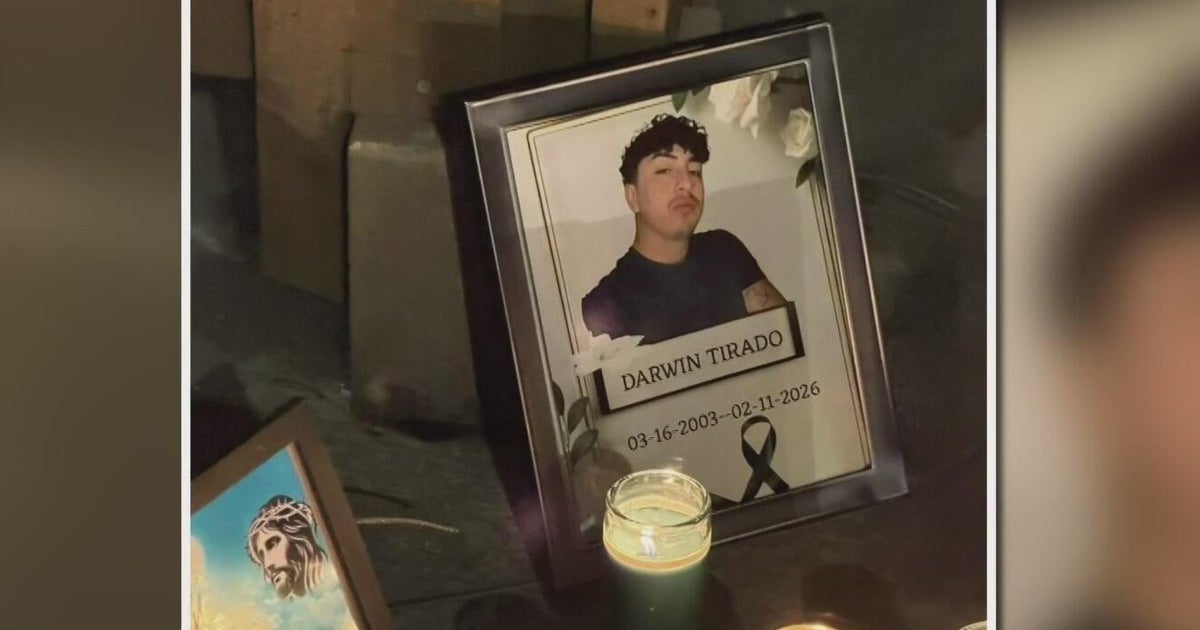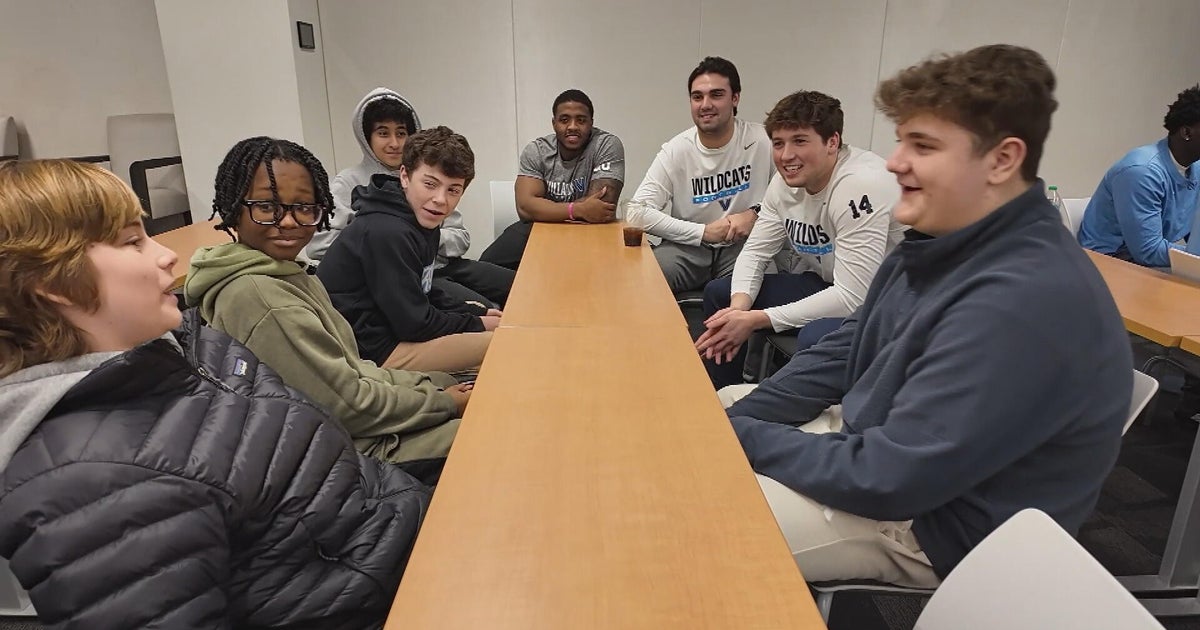Local Football Star Who Killed Himself Found To Have CTE
UPLAND (CBSLA) — The suicide of a local football star has left a community stunned and still searching for answers. The family of the young man is taking action now to help prevent a similar tragedy.
As CBSLA's Tina Patel reports, Tyler Hilinski was found to have Chronic Traumatic Encephalopathy (CTE) -- a degenerative brain disease found in athletes, military veterans, and others with a history of repetitive brain trauma -- and those who love him say hearing that helps them understand that he was dealing with things that they couldn't see.
It's been nearly six months since 21-year-old Hilinski, a quarterback at Washington State, took his own life. But those who watched him grow up here in Southern California still think of him often.
"Can't sleep through the night," said Upland High School football coach Tim Salter. "There's at least 3 to 4 nights a week where I'll wake up and he'll be on my mind."
Tyler's football career seemed to be on the rise, and everyone around him said he seemed to be happy. So the suicide shocked his family.
"Tyler never outwardly showed any signs of depression, never showed any signs of trouble or concern," said father Mark Hilinski.
That's why the family agreed to let the Mayo Clinic study his brain, hoping it might give them some answers. But they didn't expect the medical examiner to diagnose Tyler with Stage 1 CTE -- a condition that has been linked to football players, but usually not ones who are so young.
"That helps us bridge the gap from no way to what actually happened. But it didn't complete the picture at all," said Hilinski.
Tyler's high school coach admits he's been replaying former games in his mind, trying to see if he missed any signs.
"He played in some pretty tough games and I never remember him taking any helmet shots. Obviously he got tackled, got taken to the ground, things like that," said Salter.
Tyler's family says they don't know if football is to blame for their son's CTE. But they started Hilinski's Hope, a non-profit organization that they hope will make a difference by pushing for more mental health awareness for student athletes.
"We have a younger son that still plays football. We have an older one that did play it. We love the game, and we want this to be a sustained effort to improve the lives of collegiate athletes," said Hilinski.
At Upland High School coaches say they have been changing the way they practice. The way they tackle. Trying to make the game of football as safe as possible. But they admit there are just inherent risks in both football and other sports because they say there is still so much we don't understand about CTE.







